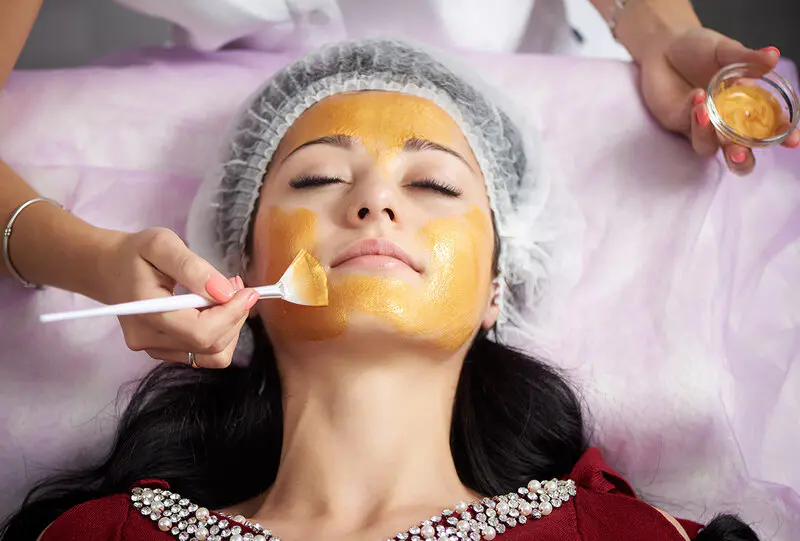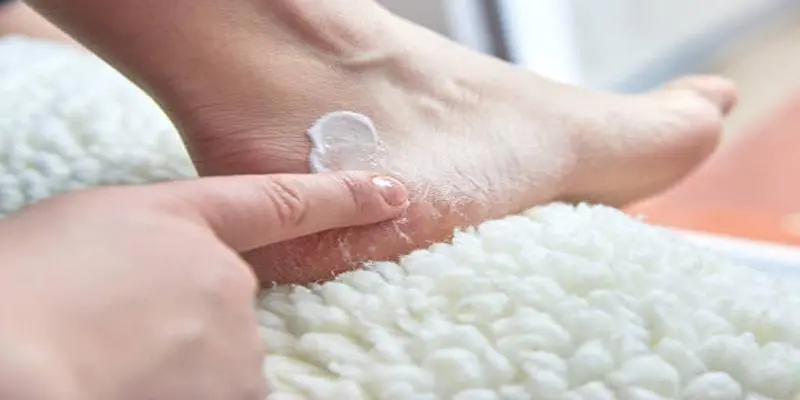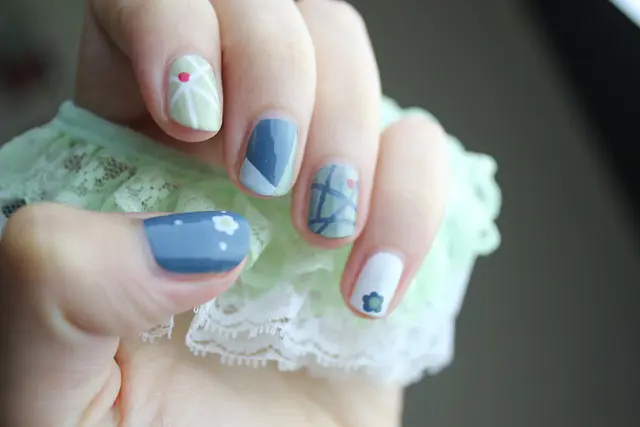Attaining a complexion that is both healthy and luminous is a common aspiration, with a plethora of products and regimens at our disposal to aid in this quest. However, one essential strategy is often overlooked amidst the array of choices: the role of water in maintaining skin hydration. While topical skincare is significant, the foundation of vibrant skin starts from within—by ensuring an adequate intake of water.
Water is a vital component for skin health, influencing aspects such as skin elasticity, hydration levels, the prevention of premature aging, and protection against acne. This article explores the significance of hydration for skin luminosity, the scientific rationale behind water's effects on skin health, and tactics to optimize your hydration habits for the best possible skin condition.
1. The Science of Skin Hydration
The skin, as the body's largest organ, necessitates ample hydration for peak performance. Water makes up a substantial portion of the skin, with approximately 64% of the skin's composition being water. Hydration is essential for the skin's ability to retain moisture, maintain elasticity, and defend against environmental stressors.
1.1 Hydration's Role in the Skin's Protective Layer
The skin's outer layer, known as the stratum corneum, plays a crucial role in maintaining hydration. It is composed of lipids and proteins that prevent water loss, keeping the skin moist and safeguarding it from harmful elements. Skin that is well-hydrated has a stronger protective layer, effectively retaining moisture and shielding against pollutants, microbes, and UV rays.
Proper hydration strengthens the skin's protective layer, preventing dryness and irritation. Conversely, dehydration weakens this layer, leading to moisture loss and increased skin vulnerability.
1.2 Water's Influence on Skin Cell Health
Water is essential for the proper functioning of skin cells. It facilitates the delivery of nutrients and oxygen to skin cells and the removal of toxins and waste. Adequate hydration ensures that skin cells remain healthy, operate efficiently, and repair daily damage.
Insufficient water intake can hinder skin cell efficiency, leading to dullness, dryness, and an increased risk of acne and other skin concerns. Internal hydration supports cellular regeneration and smooth functioning, resulting in clearer, more youthful-looking skin.
2. The Skin Benefits of Water Intake
The benefits of hydration extend beyond mere refreshment; it significantly impacts skin appearance and health. Here's how water contributes to maintaining skin's optimal state:
2.1 Boosting Moisture and Softness
Staying hydrated helps the skin retain moisture, acting as a natural moisturizer and preventing dryness and flakiness. Proper hydration maintains skin smoothness and suppleness.
Dehydrated skin often appears dull and lacks luster. Wrinkles and fine lines may become more noticeable due to reduced plumpness and firmness. Sufficient water intake keeps the skin hydrated, youthful, and radiant.
2.2 Reducing the Visibility of Wrinkles
Dehydrated skin is more prone to fine lines and wrinkles due to a loss of elasticity. Hydration helps maintain skin's volume and elasticity, diminishing the visibility of aging signs.
Well-hydrated skin appears fuller and smoother, with less noticeable wrinkles and fine lines. While water cannot eliminate wrinkles, it can slow down aging and maintain a youthful appearance.
2.3 Preventing Acne and Skin Impurities
Water is critical in detoxifying the body by flushing out toxins, which helps keep the skin clear and prevents impurities that lead to acne. Regular water intake supports the body's detoxification, reducing the occurrence of blemishes and breakouts.
Dehydration may cause the skin to produce excess oil, leading to clogged pores and acne. Staying hydrated balances oil production, promoting a clearer complexion.
2.4 Aiding Skin Healing and Repair
Water is necessary for skin healing and repair, whether from minor injuries, sun










